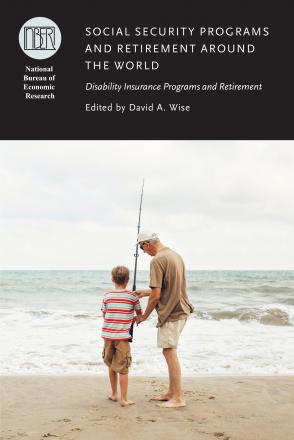Financial Incentives, Health, and Retirement in Spain

In this work we take advantage of the detailed health information available in the Survey of Health and Retirement in Europe (SHARE) to explore the link between health, financial incentives and retirement. With this purpose, we construct a health index and classify individuals into health quintiles and use this information to assess the extent to which differences in health are translated into differences in the responsiveness to changes in financial incentives. In addition, we construct a single option value measure by compiling the information on financial incentives from the disability, the old‐age and the unemployment systems in order to consider the aggregate incentives from all the social security schemes used as pathways into retirement among individuals aged 50 to 64 in Spain. Our results show that individuals in the worse health quintiles are, indeed, the more responsive to financial incentives as they prove to be less likely to retire when incentives to continue working increase. We further perform a series of simulations to assess the expected changes in retirement choices of older individuals when some of the policy parameters are modified.
-
-
Copy CitationPilar García-Gómez, Sergi Jiménez-Martín, and Judit Vall Castelló, Social Security Programs and Retirement Around the World: Disability Insurance Programs and Retirement (University of Chicago Press, 2014), chap. 11, https://www.nber.org/books-and-chapters/social-security-programs-and-retirement-around-world-disability-insurance-programs-and-retirement/financial-incentives-health-and-retirement-spain.Download Citation


